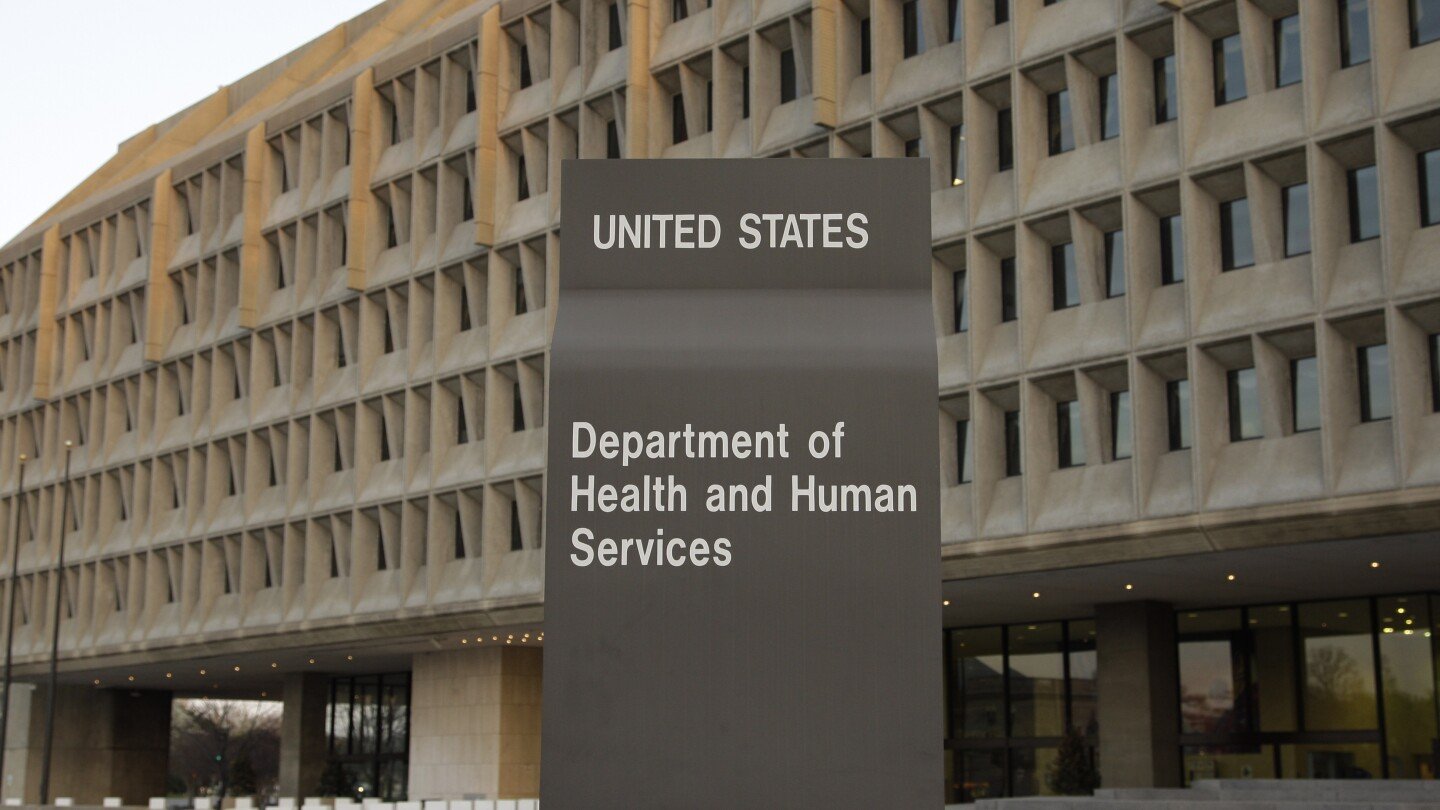- cross-posted to:
- news@lemmy.world
- cross-posted to:
- news@lemmy.world
As Salvatore LoGrande fought cancer and all the pain that came with it, his daughters promised to keep him in the white, pitched roof house he worked so hard to buy all those decades ago.
So, Sandy LoGrande thought it was a mistake when, a year after her father’s death, Massachusetts billed her $177,000 for her father’s Medicaid expenses and threatened to sue for his home if she didn’t pay up quickly.
“The home was everything,” to her father said LoGrande, 57.
But the bill and accompanying threat weren’t a mistake.
Rather, it was part of a routine process the federal government requires of every state: to recover money from the assets of dead people who, in their final years, relied on Medicaid, the taxpayer-funded health insurance for the poorest Americans.
A person’s home is typically exempt from qualifying for Medicaid. But it is subject to the estate recovery process for those who were over 55 and used Medicaid to pay for long-term care such as nursing home stays or in-home health care.
This month, a Democratic lawmaker proposed scuttling the “cruel” program altogether. Critics argue the program collects too little — roughly 1% — of the more than $150 billion Medicaid spends yearly on long-term care. They also say many states fail to warn people who sign up for Medicaid that big bills and claims to their property might await their families once they die.



Ah the US. The country where the only way to play is make yourself useless for income generation or be a millionaire.
Die young or die rich. Any other thoughts of humanity goes right out the window.